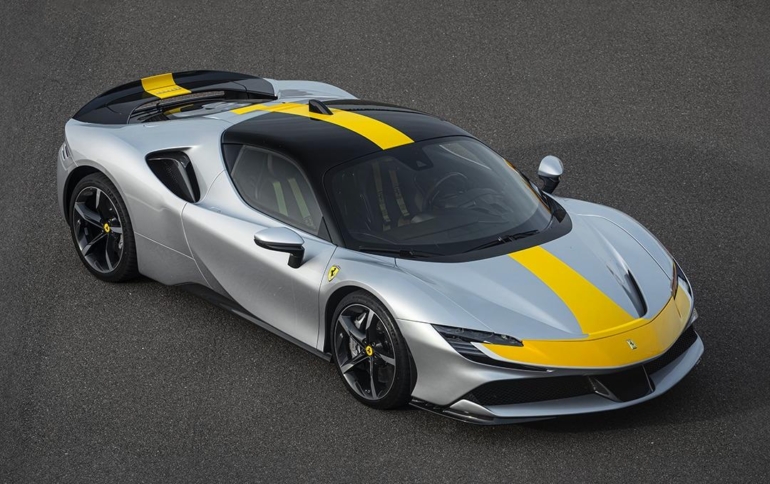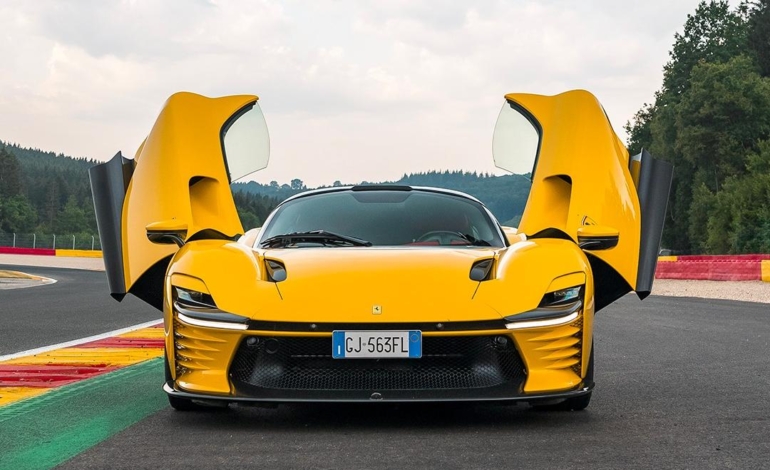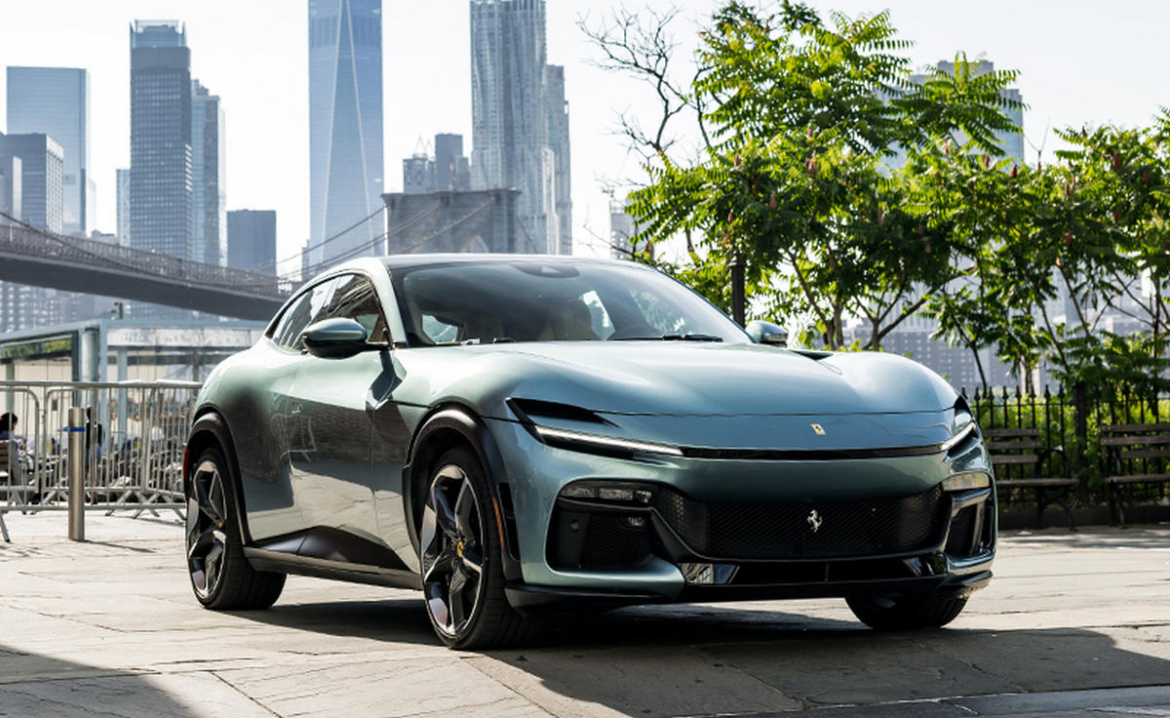In a decisive move responding to President Donald Trump’s new 25% tariffs on imported vehicles, Ferrari has announced a nuanced pricing strategy that will impact select models while protecting its most loyal customers. The Italian luxury automaker will implement price increases of up to 10% on certain models starting April 2, 2025, demonstrating a measured approach to absorbing the significant import duties.

The tariffs, which apply to all vehicles manufactured outside the United States, will directly affect Ferrari’s entire lineup, as all of its vehicles are produced in Maranello, Italy. However, the company has strategically chosen to shield some of its most popular models from price increases. The Roma, 296, and SF90 lines will maintain their current pricing, effectively absorbing the additional tariff costs and protecting customers of these specific models.

For other models, including the high-end Purosangue SUV, 12Cilindri, and the ultra-exclusive F80 hypercar, prices will rise significantly. The Purosangue, which typically retails around $430,000, could see an increase of approximately $43,000. The most dramatic impact will be on the F80, where the tariff could add over $350,000 to its already astronomical base price of $3.5 million.

Ferrari’s response reflects a delicate balance between protecting its brand value and maintaining customer relationships. CEO Benedetto Vigna has emphasized the importance of respecting customers, noting that Ferrari must carefully consider how much of the added cost is passed on to buyers. Industry analysts from Bernstein suggest that Ferrari’s core customers, who often own multiple vehicles, may be somewhat insulated from the price shock.

The company remains confident in its financial outlook, confirming its 2025 targets despite acknowledging a potential 50 basis point reduction in profitability margins. This announcement has been well-received by investors, with Ferrari’s stock experiencing a 4.6% jump following the news.

The United States remains a critical market for Ferrari, representing approximately one in four of the company’s global sales. In 2024, Ferrari sold 3,452 vehicles in the US out of a total global production of 13,752 units. As the automotive industry watches closely, Ferrari’s strategic response may set a precedent for how luxury car manufacturers navigate increasingly complex international trade landscapes.

